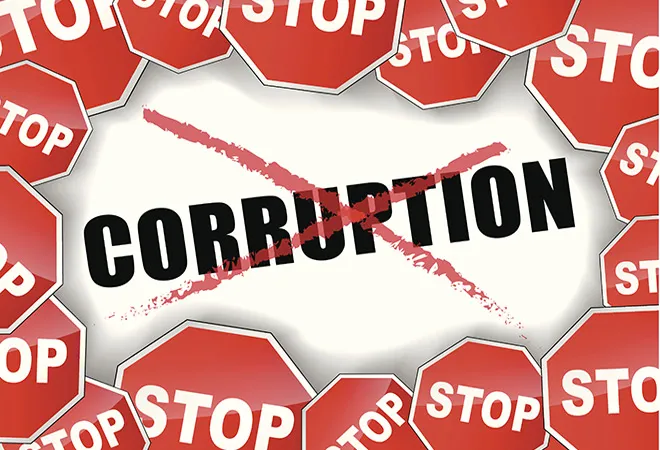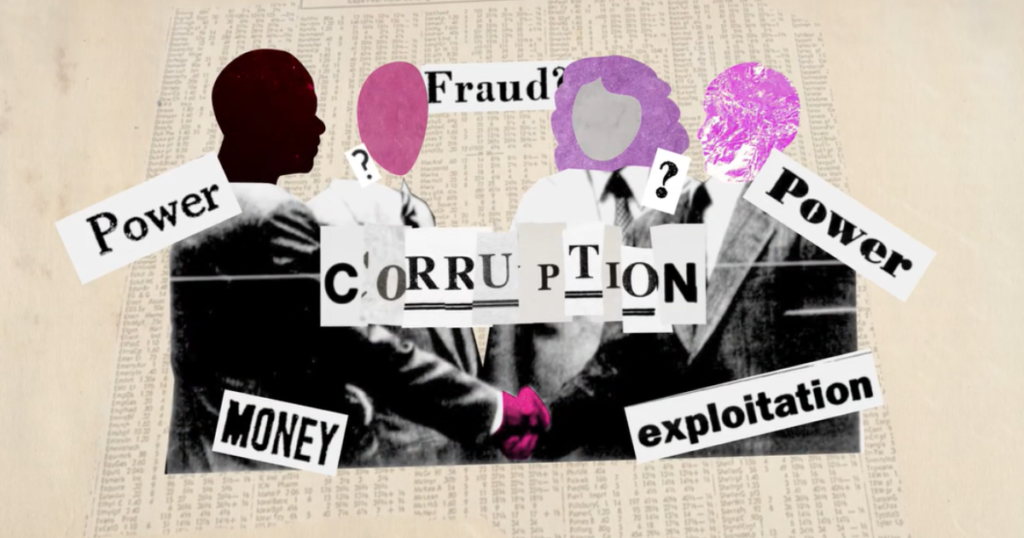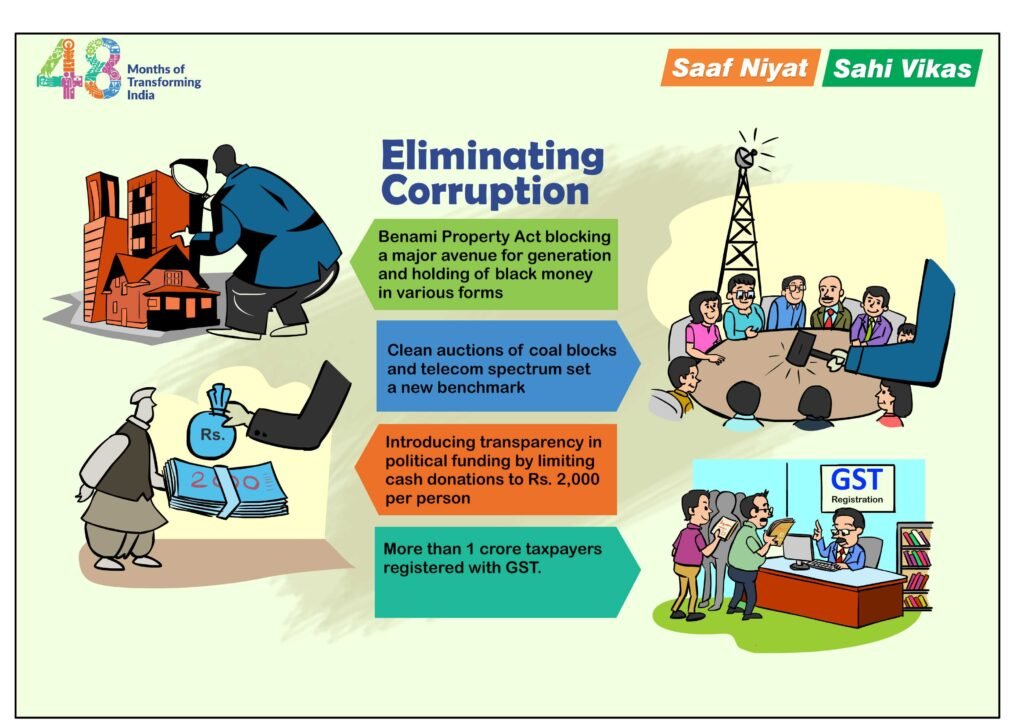Corruption is a pervasive and destructive force that negatively impacts societies around the world. It seeps into government systems, businesses, and everyday life, poisoning the social fabric and hindering progress. The need for an anti-poisonous society is stronger than ever, as corruption undermines trust, stifles development, and perpetuates inequality. To create a fair, just, and thriving society, we must address the root causes of corruption and work together to build systems grounded in transparency, integrity, and accountability.
The Harmful Effects of Corruption
Corruption breeds inequality, depriving citizens of vital resources and opportunities. Public funds meant for healthcare, education, infrastructure, and social services are often misappropriated or wasted, leaving those who need it the most in a state of deprivation. When people witness corruption in action, it erodes their faith in public institutions and encourages a culture of dishonesty, making it more difficult for society to progress.
In addition to its economic and social consequences, corruption creates a toxic environment that breeds mistrust and conflict. As citizens lose confidence in their leaders and institutions, social cohesion weakens, and division spreads. This undermines efforts to create a fair and peaceful society where everyone has an equal opportunity to succeed.
How Accountability and Transparency Can Combat Corruption
To build an anti-poisonous society, we must promote accountability and transparency in all aspects of governance and business. Government officials, institutions, and businesses need to be held to the highest ethical standards. This can be achieved through the implementation of robust anti-corruption laws and regulations, independent oversight bodies, and the enforcement of strict consequences for those who abuse power for personal gain.
Transparency is critical in ensuring that public funds are used for their intended purposes. By making government processes and financial dealings open to scrutiny, citizens can ensure that funds are properly allocated to critical areas such as healthcare, education, and public infrastructure. Public officials must also disclose their financial interests and relationships to prevent conflicts of interest that can lead to corrupt practices.
Fostering a Culture of Integrity
The fight against corruption is not just about legal reforms—it also requires a cultural shift. Building an anti-poisonous society starts with fostering a culture of integrity where ethical behavior is valued and encouraged. This begins with education: teaching individuals about the importance of honesty, responsibility, and social accountability.


Communities, schools, and workplaces must actively engage in promoting values such as fairness, respect, and transparency. Encouraging open discussions about corruption, its negative effects, and how it can be prevented is crucial to creating an environment where integrity is upheld. When individuals in a society prioritize collective well-being over personal gain, the foundation for an anti-poisonous society can be established.
The Role of Individuals in Combating Corruption
While systemic change is essential, individuals play a critical role in eradicating corruption. Each person has the power to resist and challenge corrupt practices, whether in their workplace, community, or personal life. This includes reporting unethical behavior, refusing to participate in bribery or other corrupt activities, and supporting candidates and leaders who advocate for transparency and accountability.


When individuals take a stand against corruption, they not only protect the integrity of their own communities but also contribute to a broader cultural shift toward fairness and justice. Together, we can create a society where integrity is the norm, and corruption is no longer tolerated.
Conclusion: Building an Anti-Poisonous Society Together
The fight against corruption is essential for the creation of a just, fair, and thriving society. By promoting transparency, accountability, and a culture of integrity, we can gradually eliminate the poison of corruption and build a better future for everyone. It requires effort from all sectors—government, business, and individuals—to work together toward a society where corruption no longer thrives, and the collective well-being of all citizens is prioritized. By acting now, we can begin to transform society into a truly anti-poisonous environment, where fairness and integrity reign.

